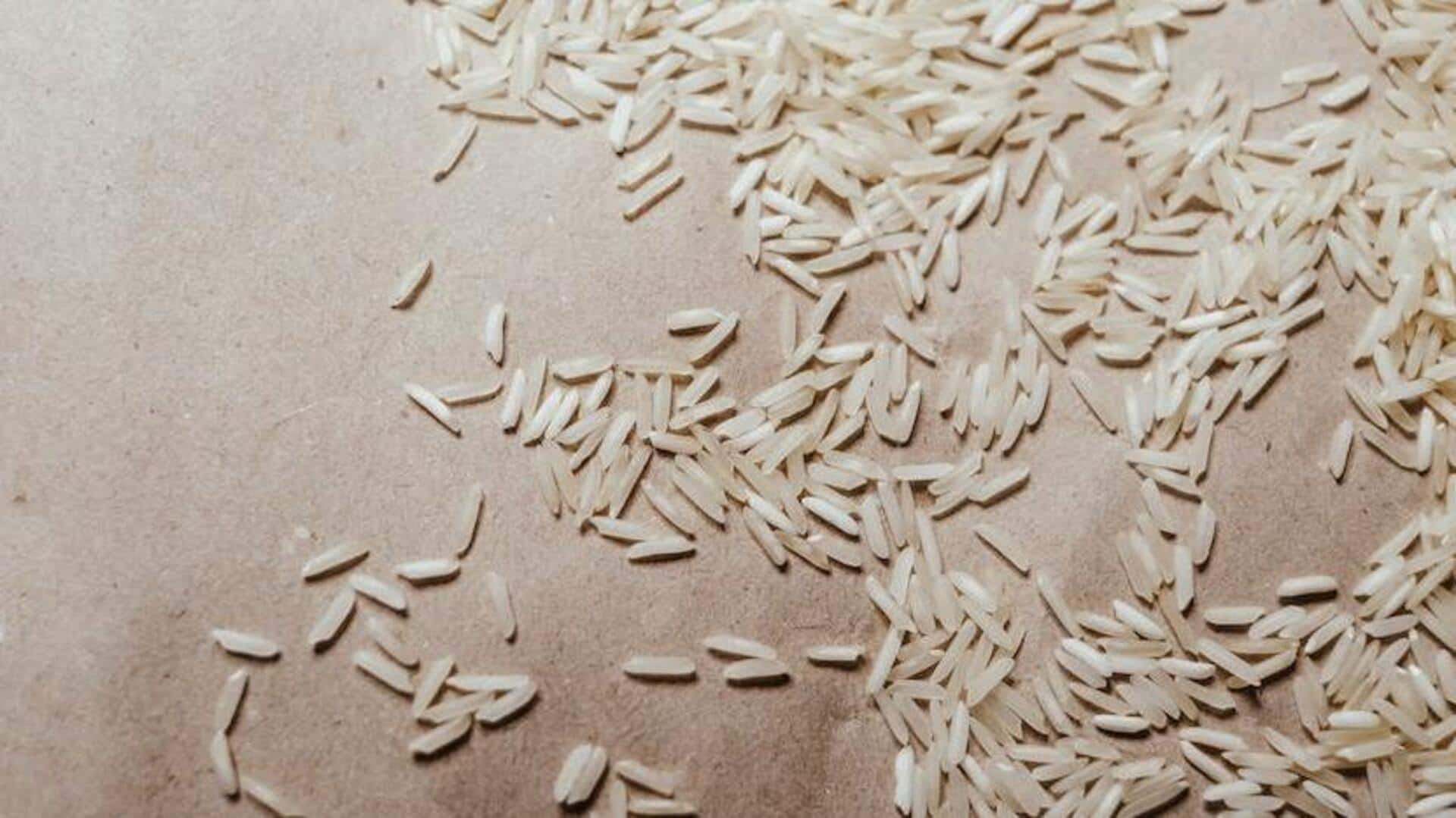
Rice smuggling along Indo-Nepal border increases after export ban: Report
What's the story
Rice smuggling has significantly surged along the India-Nepal border since India's ban on the export of non-basmati white rice in July, PTI reported. Local villagers in Uttar Pradesh, including men and women, have reportedly become carriers for smugglers, earning up to Rs. 300 per quintal of rice delivered to warehouses of Nepali traders. Reportedly, rice prices have skyrocketed in Nepal following the ban, with rice that sells for Rs. 15-20/kg in India fetching as much as Rs. 70/kg there.
Context
Why does this story matter?
On July 20, 2023, India's Ministry of Commerce and Industry issued a revised order prohibiting the export of non-basmati white rice with immediate effect. This followed the ban on the export of broken rice. The move had a significant impact on worldwide rice prices, particularly in neighboring countries. A number of India's neighbors, especially Bangladesh and Nepal, rely on Indian rice exports, while several African countries buy broken rice.
Details
Over 111.2 tons of smuggled rice seized since July: Police
The Uttar Pradesh Police told PTI that villages like Lakshminagar, Thoothibari, Nichlaul, Parsa Malik, Bargadwa, Bhagwanpur, Shyam Kat, Farenia, Hardi Dali, and Khanuva are notorious for rice smuggling activities. Carriers typically operate at dawn and in the afternoon when locals are indoors, they said. They transport rice bags weighing 10kg or more up to one kilometer to warehouses across the border. Reportedly, the Sashastra Seema Bal (SSB) and the police have seized over 111.2 tons of smuggled rice since July.
What Next?
How smuggling impacted local market
Meanwhile, the widespread smuggling of rice has led to a price increase in local markets, according to officials. Before the export ban in July, coarse rice was available at Rs. 15-20 per kilogram. However, it is now being sold at Rs. 30-35 per kilogram. Ratan Lal Vaishy, an office bearer of Uttar Pradesh Udyog Vyapar Pratinidhi Mandal, confirmed that increased smuggling has contributed to the rise in rice prices.
Insights
Efforts to curb smuggling operations
To curb rice smuggling, Maharajganj District Magistrate Anunaya Jha has reportedly deployed two six-member teams in Nautanwa and Nichaulal tehsils bordering Nepal. These teams, formed on October 3, have been directed to provide daily reports on smuggling for further action. Jha stated that necessary guidelines have been issued to all concerned officials, and coordination with SSB officials is ongoing in the operations.
Reports
Global impact of India's ban on rice exports
India attributed the reason behind its ban to domestic challenges such as rising food prices, high inflation, and concerns about rice shortages owing to extreme weather conditions. However, the decision had an impact on many nations, with rice prices skyrocketing there. The consequences of these export limitations have been felt most painfully by nations like Bangladesh, Nepal, Singapore, Benin, Senegal, Togo, and Mali, who primarily import low-cost, high-satisfying rice cultivars.